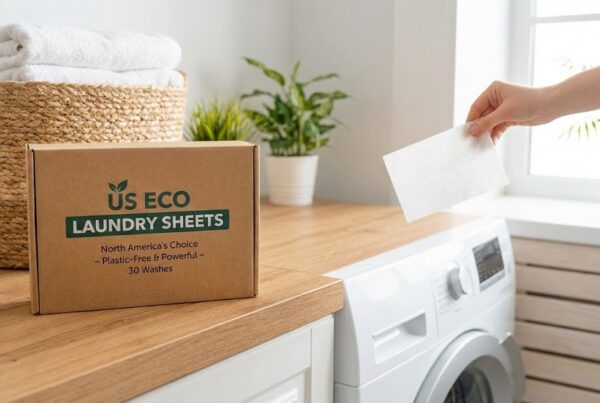The Rise of Natural Fragrances in Household Products
Why more brands are saying goodbye to synthetic scents.
Walk down any supermarket aisle, and you’ll be greeted by a wave of scents — lavender, ocean breeze, fresh cotton. For decades, these fragrances have been a hallmark of household products like laundry detergents, dishwashing liquids, and air fresheners. But here’s the catch: many of them aren’t real.
In recent years, consumers have begun questioning what’s behind those “fresh” smells. As awareness grows about the potential health and environmental impacts of synthetic fragrances, a shift is happening — toward natural, plant-based scents.
What Are Natural Fragrances?
Natural fragrances are scents derived directly from plants, flowers, fruits, herbs, and other raw materials found in nature. These scents are extracted through methods like:
-
Steam distillation – Often used for essential oils like lavender or eucalyptus.
-
Cold pressing – Common for citrus fruits such as lemon or orange.
-
CO₂ extraction – A modern technique that preserves the most delicate aromas.
Unlike synthetic fragrances, which are often made in labs from petroleum-derived chemicals, natural fragrances are free from artificial additives and chemical stabilizers.
Why the Shift Away from Synthetic Fragrances?
Synthetic fragrances may smell pleasant, but they can contain dozens — sometimes hundreds — of undisclosed chemicals. These can include:
-
Phthalates – Used to make scents last longer but linked to hormonal disruption.
-
Allergens – Trigger reactions in sensitive individuals.
-
Volatile organic compounds (VOCs) – Contribute to indoor air pollution.
More consumers are realizing that what smells “clean” doesn’t always mean it’s safe. This awareness is driving the demand for cleaner, naturally scented alternatives.
Benefits of Natural Fragrances in Household Products
1. Gentler on Skin
Natural fragrances, especially when derived from essential oils, are less likely to cause irritation, making them ideal for sensitive skin and for products like laundry sheets used on clothes, bedding, and baby items.
2. Eco-Friendly
Plant-based scents are biodegradable and less likely to contribute to waterway pollution compared to synthetic chemicals.
3. Aromatherapy Benefits
Many natural scents do more than just smell good — they can positively affect mood. For example:
-
Lavender – Calming and relaxing.
-
Citrus oils – Energizing and uplifting.
-
Peppermint – Refreshing and focus-boosting.
4. Transparency
Natural fragrance products often list exactly where their scent comes from, giving consumers more control over what they bring into their homes.
Common Natural Fragrances in Today’s Products
Some popular natural scents in laundry and cleaning products include:
-
Lavender – A classic for relaxation.
-
Lemon & Orange – Known for their fresh, clean aroma.
-
Rosemary – Earthy and invigorating.
-
Tea Tree – Antimicrobial and refreshing.
-
Eucalyptus – Crisp and spa-like.
Challenges and Myths About Natural Fragrances
While natural fragrances offer many benefits, they’re not without challenges:
-
Shorter scent lifespan – Without synthetic fixatives, the scent may fade faster.
-
Higher cost – Quality plant-based ingredients are more expensive to source.
-
Potential allergens – Even natural ingredients can cause reactions in some people (e.g., citrus oils on sensitive skin).
The key is to choose products that balance safety, sustainability, and performance.
How We Use Natural Fragrances in Our Cleaning Sheets
Our eco-friendly laundry sheets are scented only with essential oils extracted from plants. We skip artificial perfumes entirely. This ensures:
-
No harmful chemical residues left on your clothes.
-
Fresh, natural aroma that’s safe for babies, pets, and sensitive skin.
-
A scent that feels authentic — not overpowering.
We also offer an unscented option for those who prefer fragrance-free cleaning.
The Bottom Line
Natural fragrances are more than just a trend — they’re part of a larger movement toward cleaner, safer household products. As more people become aware of what’s in their detergents, sprays, and cleaners, the demand for transparency and natural ingredients will only grow.
Next time you shop, flip the label over. If the scent comes from real plants and not a mystery chemical blend, your home — and the planet — will thank you.





